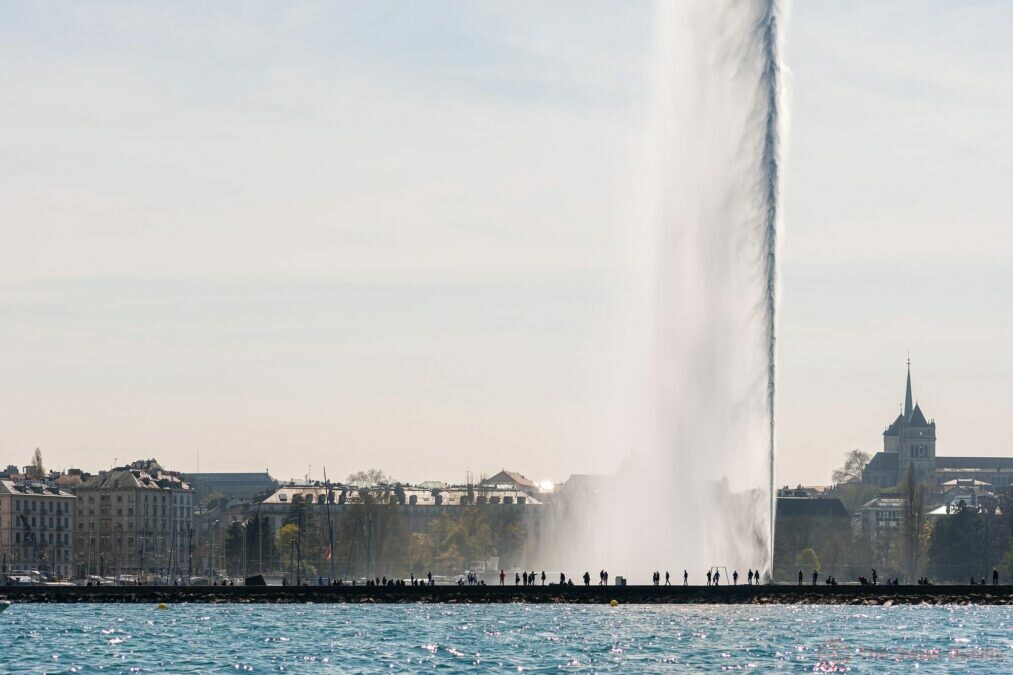Reflecting on the Revelations of Atomic Power and Government Secrecy
Understanding the Impact of the Atomic Bomb
Transparency in History, When discussing the monumental events of the 20th century, few hold as much gravitas as the deployment of atomic bombs. Lawrence Ferlinghetti, a renowned American poet, sharply critiqued the American government’s lack of transparency regarding these weapons. His observation that anyone who saw Nagasaki would realize the extent of information withheld by authorities highlights a critical junction in public awareness. This moment of realization not only changed public perception but also fostered a global conversation about the ethics and future of atomic energy and warfare. The withholding of such crucial information by the U.S. government serves as a pivotal lesson on the necessity of governmental transparency to foster public trust and informed decision-making in democratic societies.
The Role of Government in Shaping Public Perception
Ferlinghetti’s critique extends beyond the specific instance of the atomic bombs to a broader commentary on how governments shape historical narratives. This manipulation of information—whether through suppression, alteration, or distraction—can have profound implications on public consciousness and historical record. By exploring these themes, we delve into the complex relationship between governance and truth. It becomes imperative to advocate for policies that ensure transparency and accountability, particularly in matters of national security and public safety, to prevent the erosion of democratic foundations and ensure that history faithfully reflects reality rather than a curated artifact.
Lessons for the Future from Past Secrecy
The reflections spurred by Ferlinghetti’s observations are not just historical footnotes but are incredibly relevant today. In an era where information is both ubiquitous and malleable, the lessons from the atomic age are clear: transparency is not just about the availability of information but about the accuracy and context in which it is presented. Governments and institutions must prioritize these principles to navigate the complex ethical landscapes introduced by technological advancements such as artificial intelligence and cybersecurity. This call for openness is essential not only for fostering public trust but also for ensuring that the formidable powers of technology are used wisely and ethically.
The Ethical Dimensions of Technological Advancements
The discourse surrounding the atomic bomb is not merely about the power of a new weapon but also encompasses the broader ethical implications of scientific and technological advancements. The way in which the United States managed the information and consequences of the atomic bombs raises significant questions about the moral responsibilities of nations possessing advanced technologies. As we continue to develop potentially world-altering technologies like artificial intelligence and genetic engineering, the lessons from the atomic age underscore the need for ethical frameworks that govern their use. Such frameworks should not only address the potential harms and benefits of these technologies but also ensure that the public remains informed and engaged in these crucial discussions.
Impact on Literary and Public Discourse
Lawrence Ferlinghetti, through his poetry and critique, exemplifies the profound impact that artists and intellectuals can have on public discourse. His works, which often addressed issues of social justice and governmental transparency, encouraged a more introspective and critical view of government actions and policies. This role of the artist as a catalyst for public awareness and change is crucial, particularly in societies where government narratives may dominate public perceptions. Ferlinghetti’s legacy teaches us that literature and art are not just reflections of society but can also be powerful tools for shaping society and influencing historical narratives.
Building a Transparent Future
The call for transparency highlighted by Ferlinghetti’s observations on Nagasaki is more relevant than ever in today’s information age. With the rapid dissemination of information through digital media, ensuring that truthful and contextual data reaches the public is both challenging and essential. Governments and institutions must work towards more open communication channels that enhance rather than obscure public understanding. Initiatives to declassify historical data, engage with public inquiries, and support a free press are critical steps toward building a society that values and learns from its history, thereby preventing the missteps of the past from repeating in the future.
—
#Dark, #Realize, #Atomic, #LawrenceFerlinghetti, #American, #Poet









